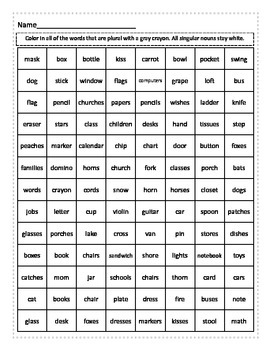

This is a list of dictionaries considered authoritative or complete by approximate number of total words or headwords, included. Counting the Words in the DictionaryĪnother way of measuring the vocabulary in a language and comparing counts is by counting the number of words listed in a standard authoritative dictionary in that language.įrom a list on Wikipedia, here’s one such comparison. You write it without spaces, pronounce it in one breath in speaking, it can’t be interrupted with digressions, and so forth. “Were you one of those people whom we could not make into a Czechoslovak?” translates as one word in Turkish.

Turkish not only crams words together but does so in ways that make whole, meaningful sentences. The Turkish language is similar in this way. Given the possibilities for compounds, German would quickly outstrip English, with the constant addition of new legitimate German “words”, which Germans would accept without blinking. For example, is the German Unabhängigkeitserklärung-declaration of independence-one word? German is obvious it is a trifle to coin a new compound word for a new situation. Moreover, many languages habitually build long words from short ones. So, whether we count inflected forms will have a huge influence on final counts. Some languages inflect much less (Chinese is famously ending-free). The Spanish verb “ estar” has dozens of forms- estoy, estás, está, “I am,” “you are,” “he is” and so on.ĭoes that make Spanish richer in word count? Some languages inflect much more than English. When counting a language’s words do we count compounds? Is “every day” one word or two? Are the names of new chemical compounds words? Answering the question, “What is the richest language?” becomes more and more complicated. Do we count “run” the verb and “run” the noun as one word or two? What about “run” as in the long run of a play on Broadway? According to a recent NPR article, “run” has at least 645 different meanings!

The simplest problem in comparing the size of different languages is inflection.ĭo we count “run”, “runs” and “ran” as three separate words? Another problem is multiple meanings. Steven Frank, the author of The Pen Commandments claims that English has 500,000 words with German having about 135,000 and French having fewer than 100,000.Ī blog post for The Economist agrees that English is rich in vocabulary, but comparisons with other languages can’t be made for several reasons. Have you heard language experts say that English has more words than other languages? The claim is made but it’s practically impossible to verify.


 0 kommentar(er)
0 kommentar(er)
